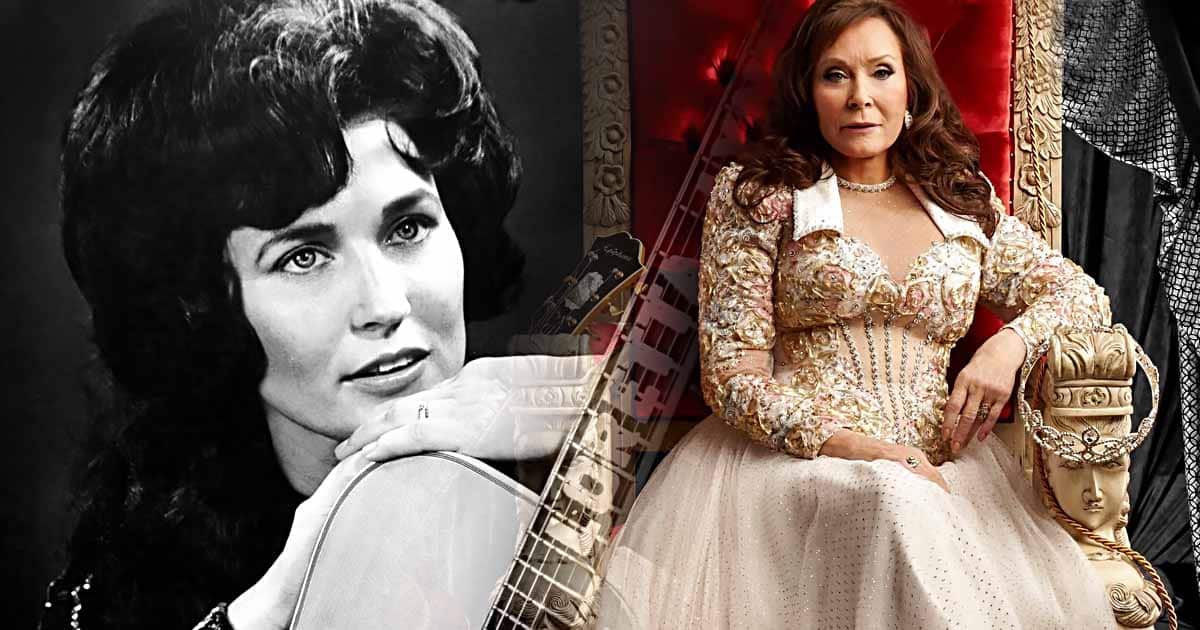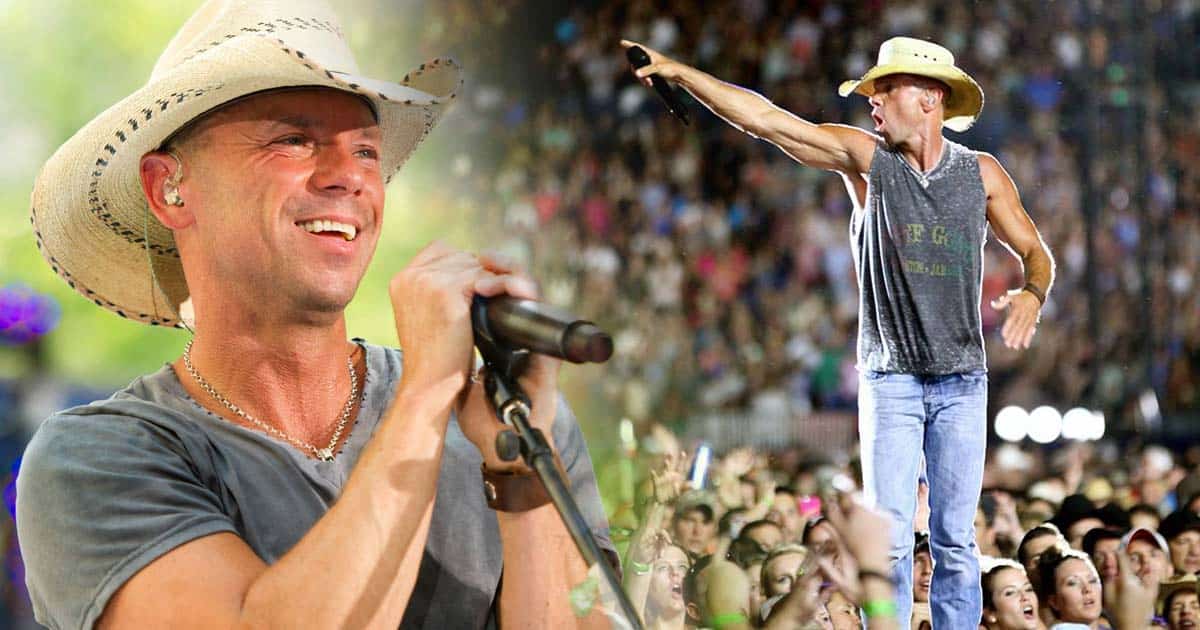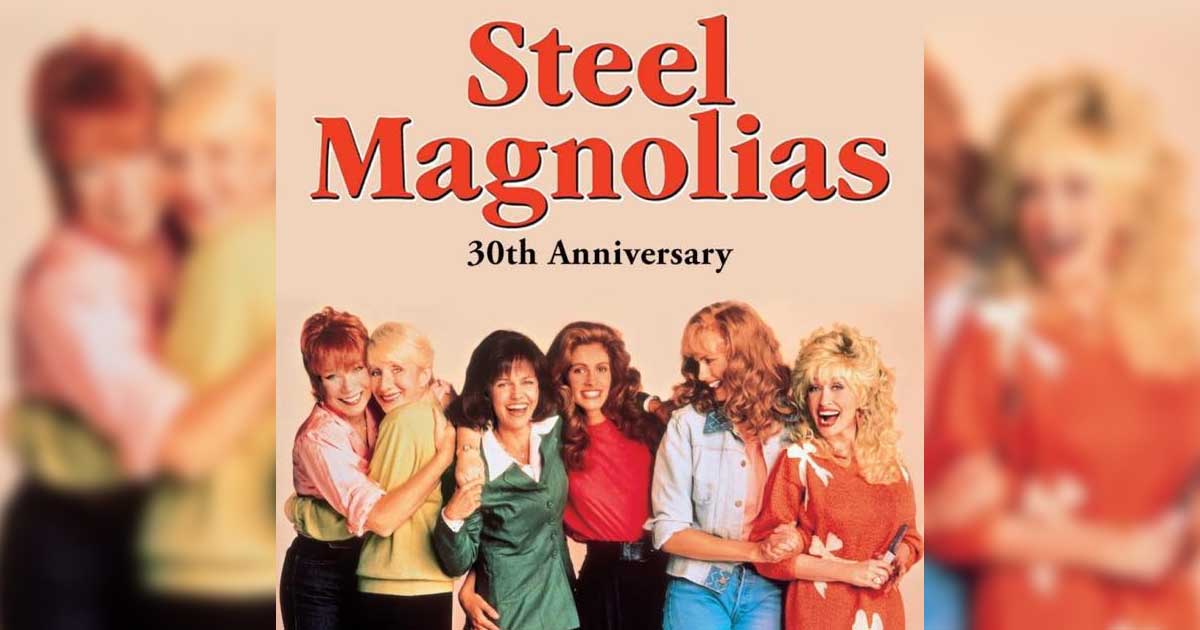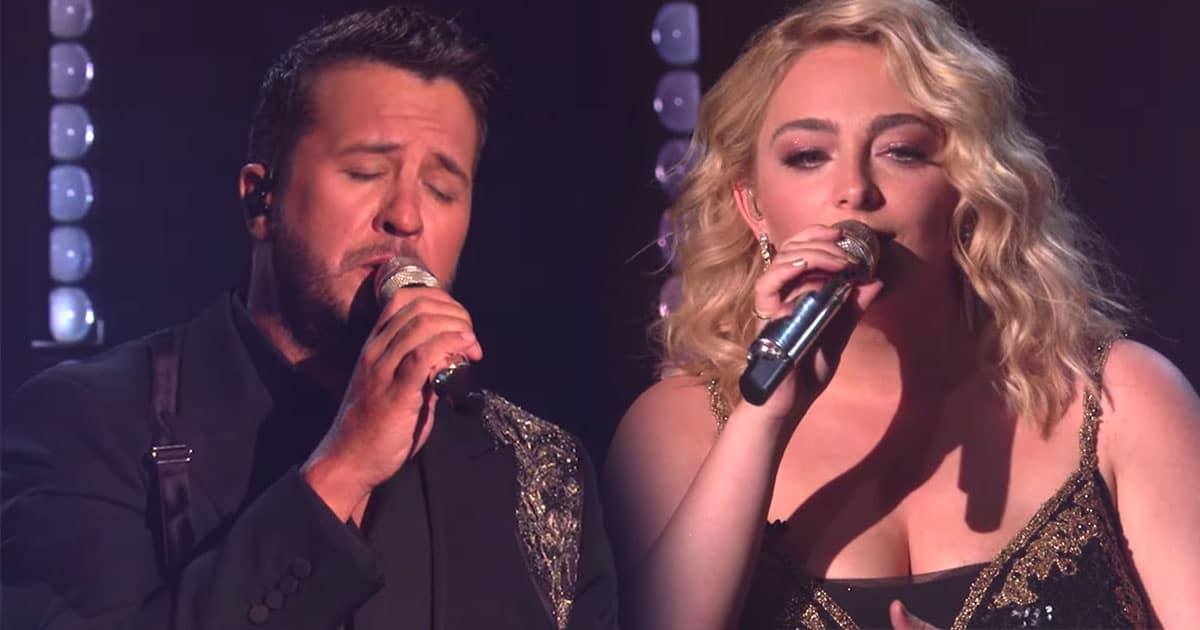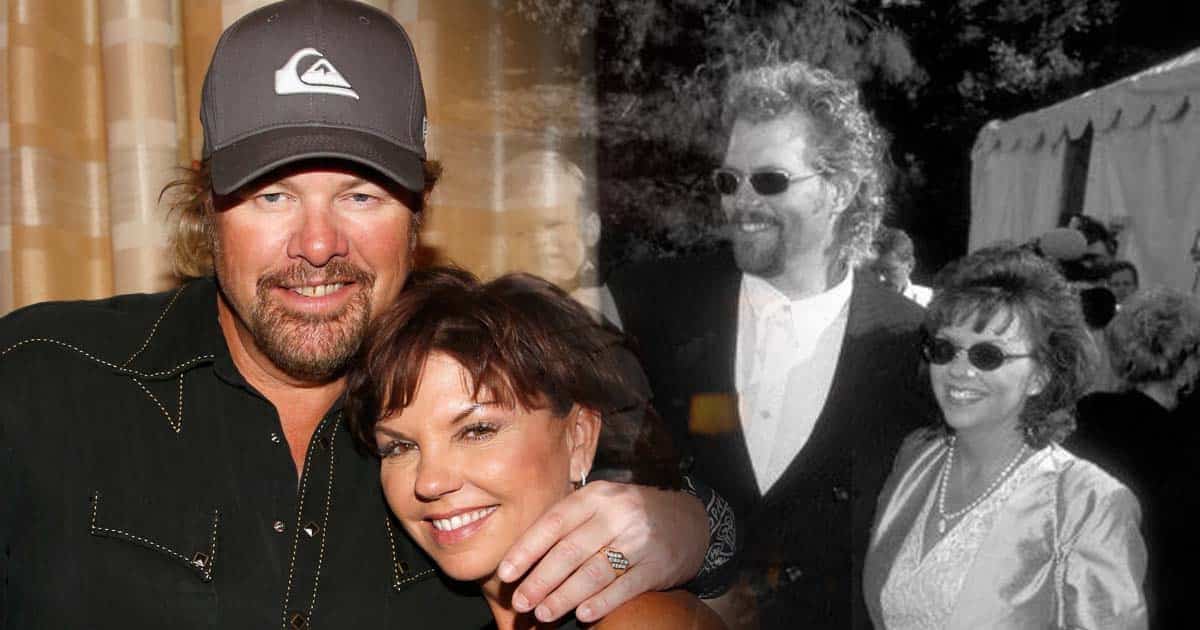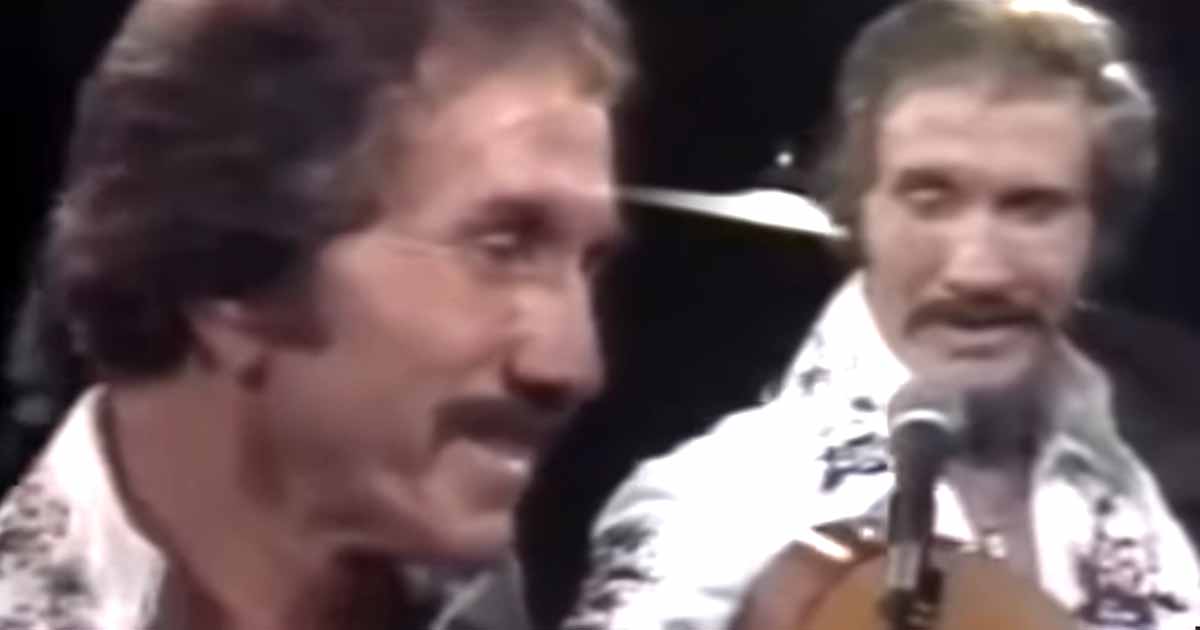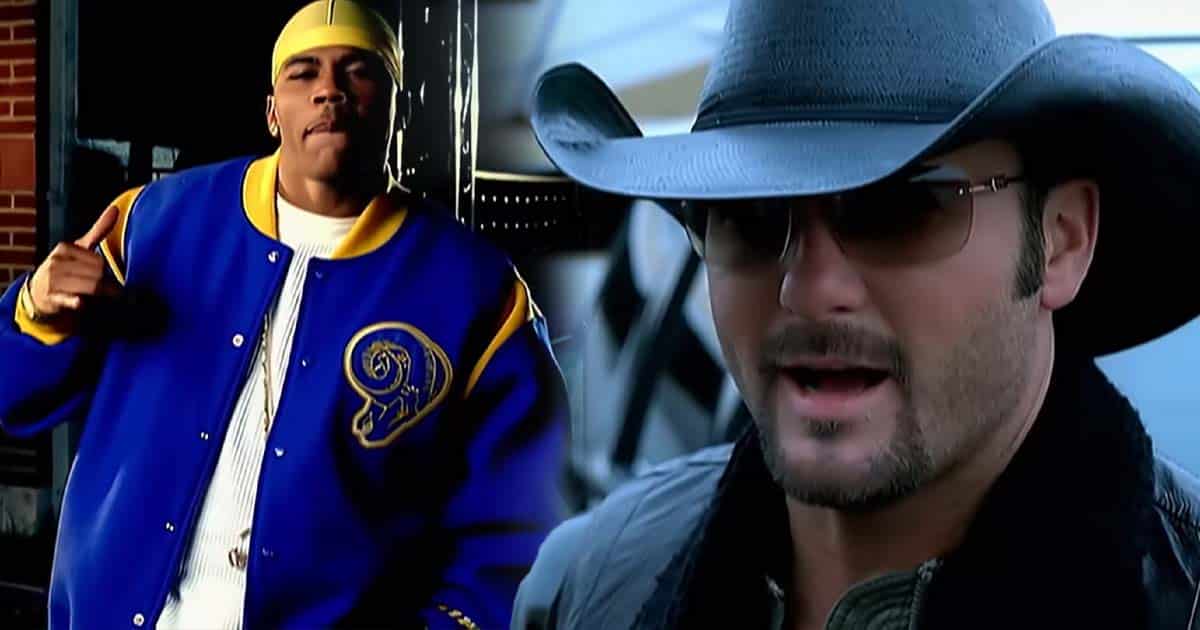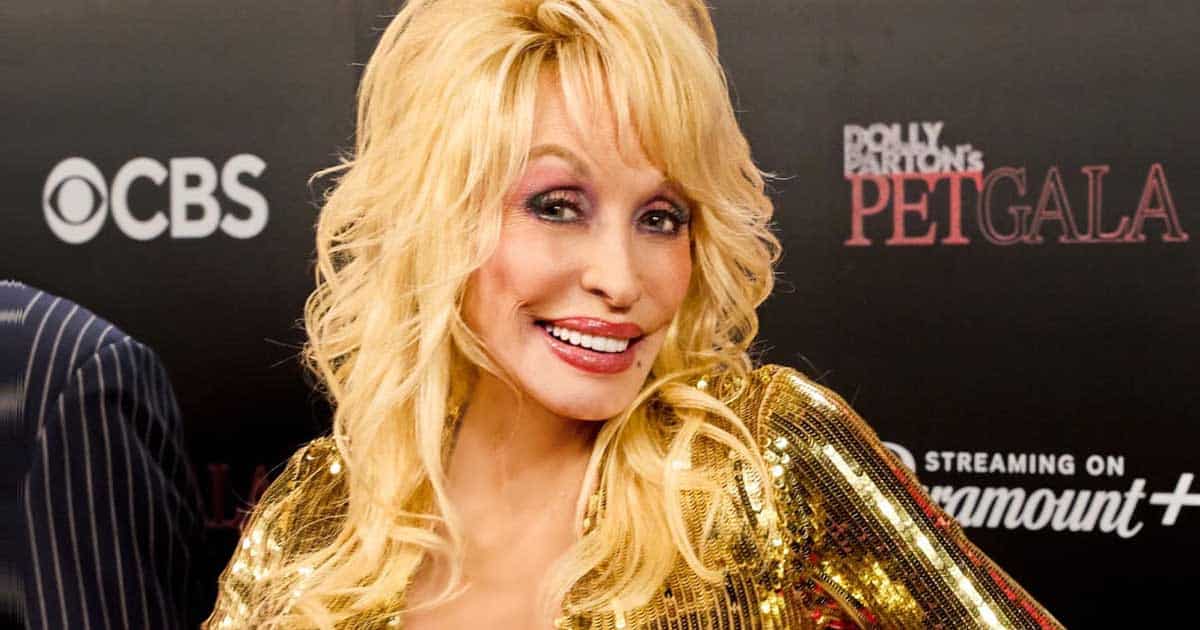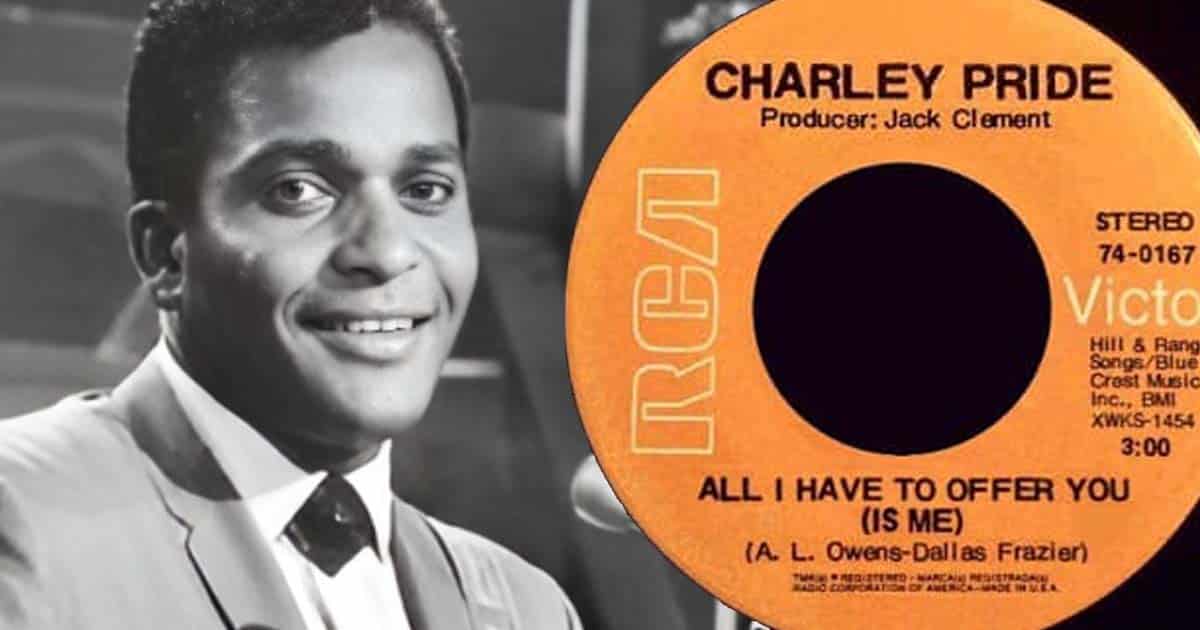Rebellious and Revolutionary – that was how Loretta Lynn occupied her space in the six decades of her ‘rhinestone-spangled’ career in the genre. She radically reframed the idea that women wielding guitars and writing their own songs awkwardly fit in the male-dominated genre, called out the double standards perpetuated on working-class women with her honest and fearless songwriting, and proved that her truths ripped out from the realities of being a married, working woman herself could sell – 24 chart-topping singles. And that fearlessness ultimately trailblazed a path for the likes of Miranda Lambert, Mickey Guyton, Margo Price, Carly Pearce, and Kacey Musgraves. And we’ve seen how these women have done so far for their fellow women in the genre and the industry.
RELATED: How Country Superstar Loretta Lynn Got Her Start In Country Music
But of course, breaking boundaries and barriers didn’t come easy, just like any other thing was for a woman rising in the late ’60s.
“The Coal Miner’s Daughter”
We were poor, but we had love. That’s the one thing Daddy made sure of. He shoveled coal to make a poor man’s dollar.
Loretta Lynn lived a hardscrabble life as the second eldest sibling in a family of ten in the small coal-mining company town of Van Lear near the backwater of the so-called Butcher Holler in the mountains of east Kentucky. But she did find comfort in singing. In an interview with the Associated Press back in 2016, Loretta said that her father would come out to the porch where she was singing and rocking the babies to sleep, and he would tell her to shut her big mouth because people all over the holler could hear her. To which she just simply replied, “Daddy, what difference does it make? They are all my cousins.”
But the wearying childhood was only the start of her struggles.
She was married at 13, became a mother at 16, and already had four children by 19. Then she would have fights with her husband Oliver Lynn who was a drunk and a habitual cheater. It was a rollercoaster ride of a life, and she wasn’t even 20 yet. But if there was one good thing that ever came out of their relationship, it was her husband encouraging her to pursue singing professionally.
“Don’t Come Home A-Drinkin’ (With Lovin’ On Your Mind)”
Well, you thought I’d be waitin’ up when you came home last night. You’d been out with all the boys, and you ended up half tight, but liquor and love that just don’t mix leave a bottle or me behind.
Loretta Lynn didn’t mince her words, cutting gut-deep lines that bleed with honesty. Just like with her first-ever chart-topping hit in 1967 titled “Don’t Come Home A-Drinkin’ (With Lovin’ On Your Mind)” which pushed back against men’s territorialism toward women. As Billboard noted, the song was a ‘fine marriage of lyric, melody, performance in a bitter-sweet country tune.’ She then went on to write more about intimate conservative matters and tackled the double standards that women faced, and brought change to the traditional gender-role notions. But despite all of that, she rejected the idea of her being labeled a feminist because as she put it, she was merely writing about what was going on with her and her life, and it just happened that a lot of other women felt the same. For her, it has always been just about the truth.
And until now, these truths remain relevant. The world is still changing, and women are still fighting for their right to become an equal.
But as Marissa Moss of Vulture pointed out, Loretta’s beliefs were more complicated than her most controversial songs would have you believe. She was seen as an independent liberal woman who wrote songs about contraception (“The Pill”), infidelity (“Fist City”), divorce (“Rated X”), and sexual freedom (“Wings Upon Your Horns”). But at the same time, she was also seen as an emblem of the conservative stereotypes thrown at women with her floor-length gowns and as a young mother with a lot of children. But Loretta was nothing short of a contradiction, only a complex southern woman who knew and understood the struggles of being a woman and gave voice to it. And in turn, she did not only changed how women were viewed as an individual and as a country musician but also changed the way the genre was seen by the rest of the world.
“Still Woman Enough”
Well, this here girl’s been there and done that, they call me hillbilly but I got the last laugh
Loretta Lynn’s fearless and straightforward songwriting blended with her bone-deep coal-country drawl, voice that could embody the emotion needed to be evoked, and sharp, slicing style that could nail any tricky melodies and arrangement has definitely earned her not only a chart-successful career in a male-dominated genre but also multiple awards – and many firsts at that.
In 1972, Loretta became the first woman to be ever named as Entertainer of the Year by the Country Music Association, which brought country music into pop spaces where it wasn’t as warmly welcomed as before. Three years later, she received the same award from the Academy of Country Music. She became the staple figure from the ’70s through the ’80s, charting singles one after another (one of the first female country artists to generate her own hit songs), performing with The Muppets, singing at the inauguration of President Carter, and duetting with Frank Sinatra on TV. Her autobiographical book-turned-movie titled “Coal Miner’s Daughter” helped her reach an even wider audience. Sissy Spacek, the actress who played Loretta Lynn in the movie, even won an Academy Award for her portrayal of the singer. She also went on to become the better half of Conway Twitty as one of country music’s most popular duos. The pair racked number one hit duets followed by a dozen more top 10 country singles.
Then when she moved to Hurricane Mills, Tennessee just outside Nashville in the 1990s, she set up a ranch with a replica of her childhood home. She also built a museum of her awards and other memorabilia, which became and remains a popular roadside tourist stop.
In 2003, she received her Kennedy Center Honor for her lifetime contributions to American culture. Although admittedly, Loretta was just so casual about it. As she told the Tennessean, she wasn’t really sure how or why people found her songs to be so remarkable. “I was just sayin’ it like I was livin’ it. People’d go around that, but I went right through the middle.”
Then two years later, Loretta won two Grammys for her Interscope collaboration album with Detroit garage-punk act Jack White called Van Lear Rose. It was definitely one of the biggest albums in her career; she did that at 70. And after a long break from recording.
Loretta Lynn even went on to score a multi-album deal in 2014 with Legacy Records under Sony Music entertainment. And in 2021, she released her 50th solo studio album, “Still Woman Enough,” collaborating with powerful women figures in the industry. By then, Loretta Lynn has racked up a net worth of over $65 million.
And in her death, Loretta Lynn has left us not only with iconic music but also an important note. That is, country music is not superficial, and the genre is capable of producing songs that are honest, deep, and relevant.

